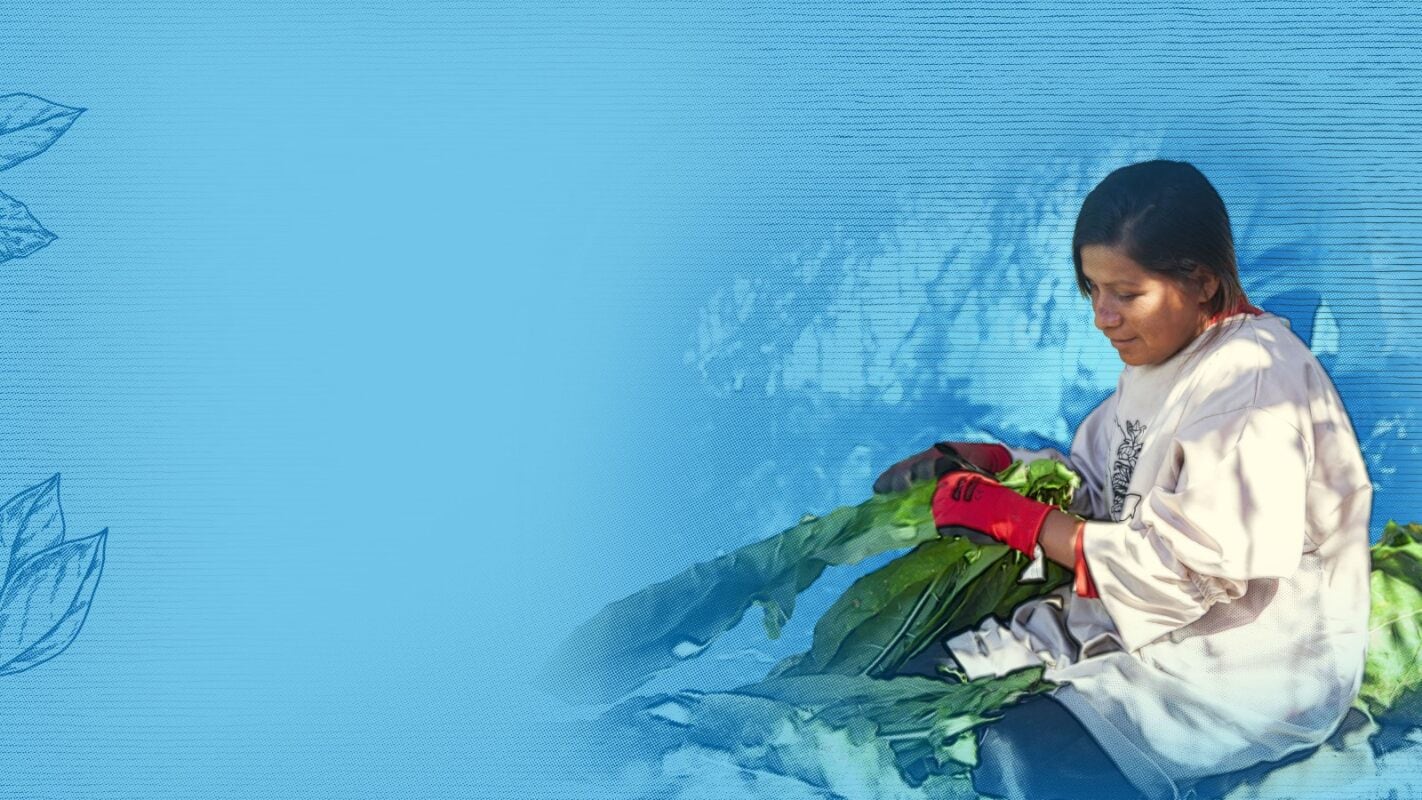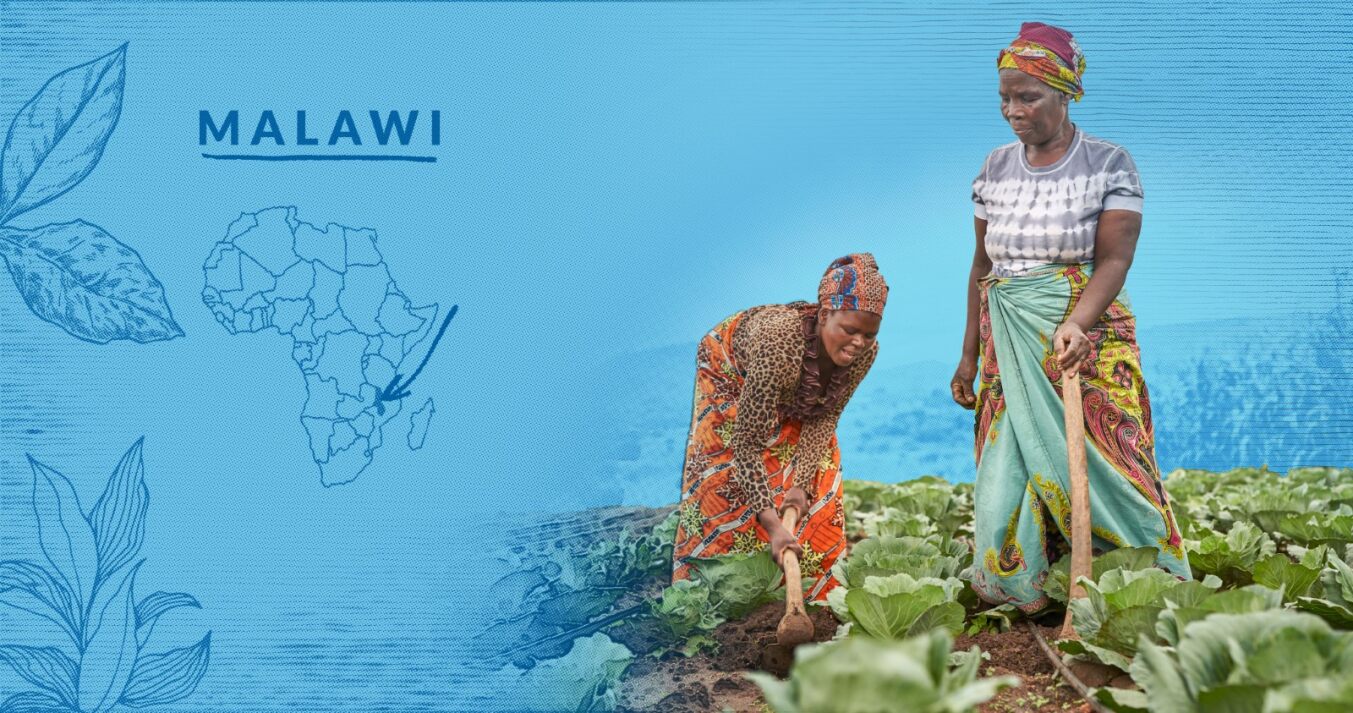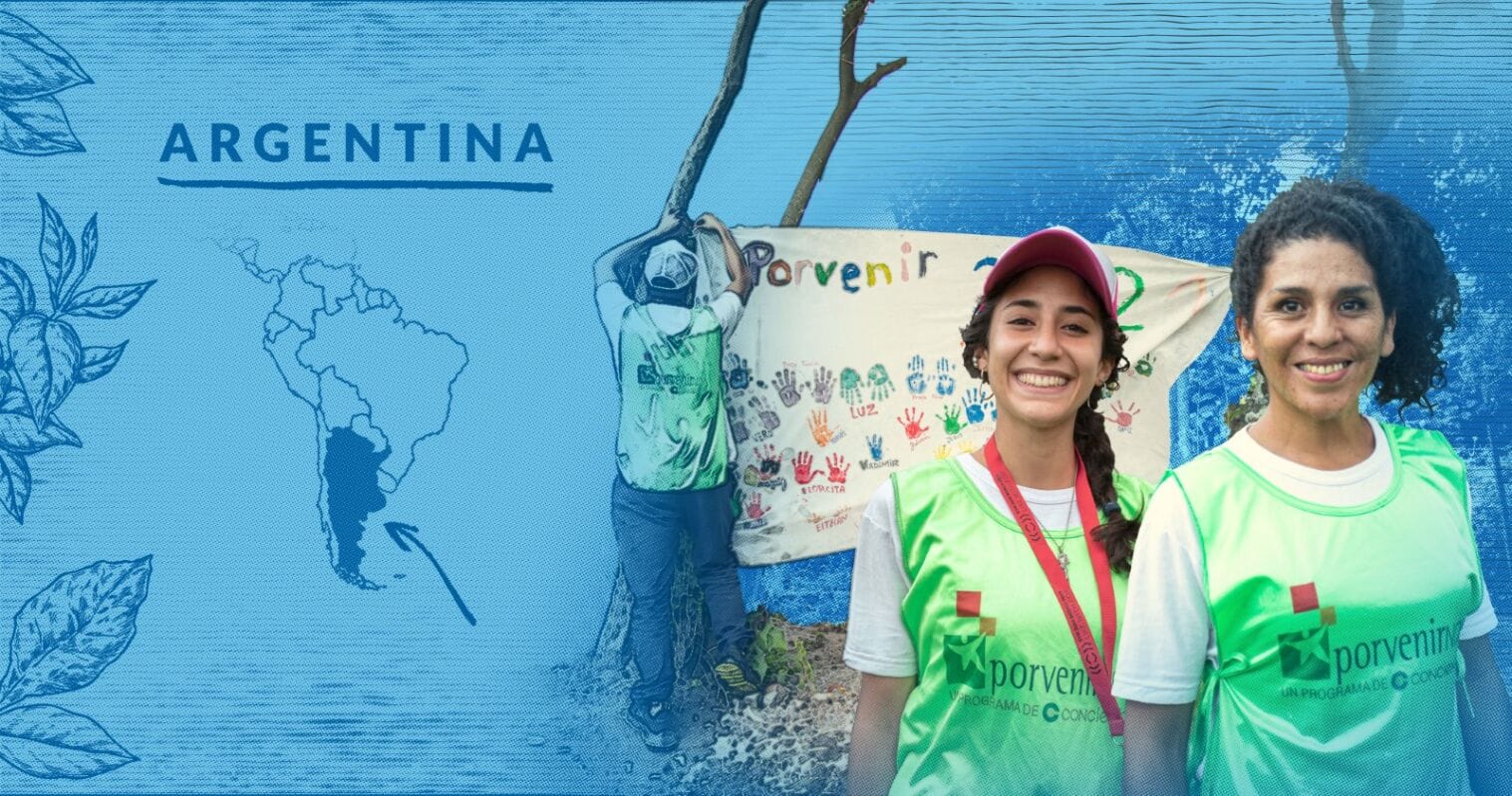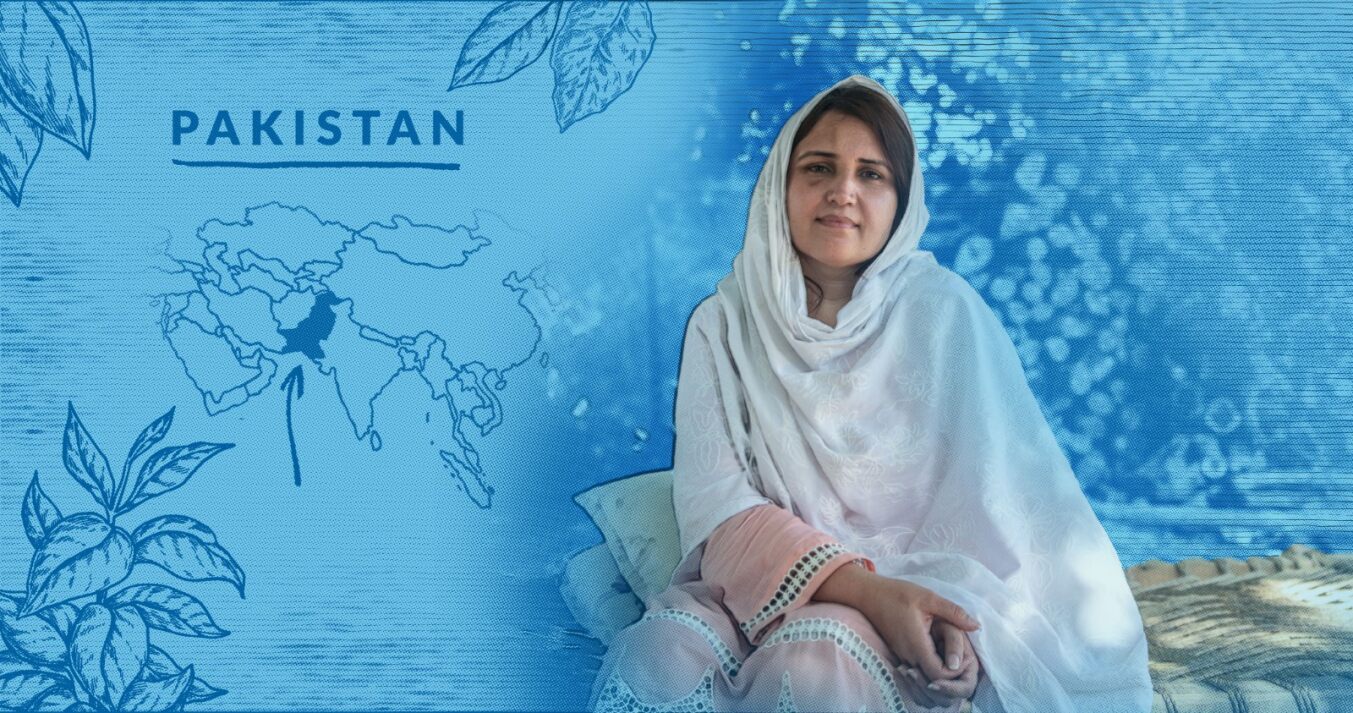Celebrating 10 years of PMI’s ALP program
Celebrating 10 years of PMI’s ALP program
Tobacco farmers are at the heart of Philip Morris International’s (PMI) business. As members of PMI’s diverse community, their livelihoods and wellbeing are integral to our long-term sustainability strategy.
For this reason, PMI established the Agricultural Labor Practice program (ALP) in 2011 to improve living conditions and eliminate child labor and other labor abuses in all the countries from which it sources tobacco.
Although PMI supports all farmers, workers and families involved in tobacco farming, women often face structural and cultural barriers to equally participate and contribute.
Tobacco farmers are at the heart of Philip Morris International’s (PMI) business. As members of PMI’s diverse community, their livelihoods and wellbeing are integral to our long-term sustainability strategy.
For this reason, PMI established the Agricultural Labor Practice program (ALP) in 2011 to improve living conditions and eliminate child labor and other labor abuses in all the countries from which it sources tobacco.
Although PMI supports all farmers, workers and families involved in tobacco farming, women often face structural and cultural barriers to equally participate and contribute.
Agriculture is a sector in which women are frequently faced with employment segmentation and gender gaps in earnings. This can lead to a lack of financial inclusion, and poor access to credit, training opportunities, or technical support.
PMI addresses these challenges by putting women involved in its tobacco supply chain—including farmers, workers, spouses and daughters—at the heart of its work to ensure safe and fair working conditions for all those involved in tobacco farms.
The ALP program offers women’s training, hires female field technicians to perform farm monitoring, and empowers women through entrepreneurial opportunities to bring positive change.
Malawi, Argentina, and Pakistan are some of the countries where these initiatives are available to women and their communities.
PMI addresses these challenges by putting women involved in its tobacco supply chain—including farmers, workers, spouses and daughters—at the heart of its work to ensure safe and fair working conditions for all those involved in tobacco farms.
The ALP program offers women’s training, hires female field technicians to perform farm monitoring, and empowers women through entrepreneurial opportunities to bring positive change.
Malawi, Argentina, and Pakistan are some of the countries where these initiatives are available to women and their communities.
PMI’s tobacco leaf suppliers launched the Village Savings and Loan Association (VSLA) program for female farmers and farmer’s wives in 2015.
PMI’s tobacco leaf suppliers launched the Village Savings and Loan Association (VSLA) program for female farmers and farmer’s wives in 2015.
The VSLA is a program that enables women to play an active role in improving household economic conditions, by saving money together and taking out small loans. This money can then be invested in farm activities, other entrepreneurial ventures or used for household needs. This initiative is especially important in communities without easy access to formal financial services.
PMI supported the initiative by helping them to open their own bank account, funding the seed capital, and partnering with several organizations to transform their scope and become more entrepreneurial. The partners support women with financial literacy, as well as access to capital, establishing microenterprises, and other business opportunities.
Over 4,300 women from 257 groups participate in this initiative, and so have an opportunity to improve their household income. To benefit from this initiative, they need to sign a “no child labor” pledge. This formalizes their commitment to not involve children in hazardous tobacco tasks and to become advocates of children’s rights and wellbeing in their communities.
The VSLA is a program that enables women to play an active role in improving household economic conditions, by saving money together and taking out small loans. This money can then be invested in farm activities, other entrepreneurial ventures or used for household needs. This initiative is especially important in communities without easy access to formal financial services.
PMI supported the initiative by helping them to open their own bank account, funding the seed capital, and partnering with several organizations to transform their scope and become more entrepreneurial. The partners support women with financial literacy, as well as access to capital, establishing microenterprises, and other business opportunities.
Over 4,300 women from 257 groups participate in this initiative, and so have an opportunity to improve their household income. To benefit from this initiative, they need to sign a “no child labor” pledge. This formalizes their commitment to not involve children in hazardous tobacco tasks and to become advocates of children’s rights and wellbeing in their communities.
Asociación Conciencia, a local NGO, has been implementing the “Porvenir” program in three areas from which PMI sources tobacco in Argentina.
Asociación Conciencia, a local NGO, has been implementing the “Porvenir” program in three areas from which PMI sources tobacco in Argentina.
One of the ALP initiatives from Porvenir works to empower women who live and work in tobacco farms with the aim of reinforcing their role and helping them achieve economic independence, thereby having a direct impact on their children and families.
Women are also put in contact with local health professionals that provide gynecological checkups and treatment, as well as nutritional assistance, and nutritional workshops to support their families’ health and wellbeing.
The program, which operates in over 80 villages, also offers alternatives to farm work for young children and teenagers, including educational, recreational, and sports spaces, so they can learn and play, instead of helping on family run and commercial farms.
One of the ALP initiatives from Porvenir works to empower women who live and work in tobacco farms with the aim of reinforcing their role and helping them achieve economic independence, thereby having a direct impact on their children and families.
Women are also put in contact with local health professionals that provide gynecological checkups and treatment, as well as nutritional assistance, and nutritional workshops to support their families’ health and wellbeing.
The program, which operates in over 80 villages, also offers alternatives to farm work for young children and teenagers, including educational, recreational, and sports spaces, so they can learn and play, instead of helping on family run and commercial farms.
Women in rural Pakistan work not only on tying and curing the tobacco leaves, but are also often the primary caregivers for children and other household members. They prepare meals, wash clothes, dust, clean, and look after cattle. At the same time, they have limited awareness about, and access to, health and improved hygiene facilities.
Women in rural Pakistan work not only on tying and curing the tobacco leaves, but are also often the primary caregivers for children and other household members. They prepare meals, wash clothes, dust, clean, and look after cattle. At the same time, they have limited awareness about, and access to, health and improved hygiene facilities.
Since 2019, PMI’s local affiliate has deployed a team of 10 women to raise awareness of the ALP standards to all women living and working on tobacco farms in Pakistan. In 2019, the team engaged with over 250 women across 250 farms, mostly through household visits and holding ALP learning sessions inside their homes.
In addition to improving working conditions on the farms, they also conducted campaigns on raising awareness of health and hygiene issues, and distributed over 1,500 sanitation and hygiene kits to homes. This helped to improve sanitation and hygiene practices not only on the farms, but also at home.
Since 2019, PMI’s local affiliate has deployed a team of 10 women to raise awareness of the ALP standards to all women living and working on tobacco farms in Pakistan. In 2019, the team engaged with over 250 women across 250 farms, mostly through household visits and holding ALP learning sessions inside their homes.
In addition to improving working conditions on the farms, they also conducted campaigns on raising awareness of health and hygiene issues, and distributed over 1,500 sanitation and hygiene kits to homes. This helped to improve sanitation and hygiene practices not only on the farms, but also at home.
PMI has ALP initiatives in all of the 23 countries around the world from which we source tobacco.
Some of them can be seen below:
PMI has ALP initiatives in all of the 23 countries around the world from which we source tobacco.
Some of them can be seen below:






